Including a variety of millets in your diet can provide a range of antioxidants and other essential nutrients, contributing to your overall health and well-being. Additionally, millets are gluten-free, making them suitable for individuals with gluten sensitivity or celiac disease.
Table of Contents
What Are Antioxidants?
Antioxidants are molecules that play a critical role in protecting our cells from damage caused by free radicals, unstable molecules that can harm cellular structures and DNA. They work by neutralizing and stabilizing free radicals, preventing them from causing oxidative stress and potentially contributing to various health issues, including aging and chronic diseases. Antioxidants can be obtained through a balanced diet rich in fruits, vegetables, and whole grains, as well as through supplements. Common antioxidants include vitamins C and E, beta-carotene, and minerals like selenium. By helping to maintain the body's balance and integrity, antioxidants are essential for overall health and well-being.
Benefits of Antioxidants:
Antioxidants are compounds that provide a range of health benefits by helping to neutralize harmful molecules known as free radicals in the body. Here are some of the key benefits of antioxidants:
- Protect Cells from Damage: Antioxidants help protect cells from oxidative stress and damage caused by free radicals. This can reduce the risk of various chronic diseases, including cancer and cardiovascular conditions.
- Support Immune Function: Antioxidants support the immune system by helping the body fight off infections and illnesses. They strengthen the body's defense mechanisms, making it more resilient.
- Skin Health: Antioxidants can promote healthier and more youthful-looking skin by reducing the signs of aging and protecting against damage from ultraviolet (UV) rays and environmental pollutants.
- Heart Health: Antioxidants, such as flavonoids and polyphenols found in fruits and vegetables, are linked to a reduced risk of heart disease. They can help lower blood pressure, improve cholesterol levels, and reduce inflammation.
- Eye Health: Certain antioxidants, like lutein and zeaxanthin, are beneficial for eye health. They can help protect against age-related macular degeneration and cataracts.
- Reduced Inflammation: Antioxidants can help reduce inflammation in the body, which is a common underlying factor in various chronic diseases. They may help manage conditions like arthritis.
- Cognitive Health: Antioxidants may support brain health and cognitive function by protecting brain cells from oxidative damage. This can potentially reduce the risk of neurodegenerative diseases like Alzheimer's.
- Cancer Prevention: While not a guarantee, a diet rich in antioxidants may lower the risk of certain types of cancer. Antioxidants can help repair damaged DNA and prevent the growth of cancer cells.
- Improved Recovery: For athletes and active individuals, antioxidants can aid in post-exercise recovery by reducing muscle damage and inflammation caused by intense physical activity.
-
Longevity: Antioxidants are associated with increased longevity and a reduced risk of premature aging. They help the body maintain overall health and vitality.
Do Millets Contain Antioxidants?
Yes, millets do contain antioxidants. Millets, such as pearl millet, finger millet, foxtail millet, and others, contain various bioactive compounds like polyphenols and flavonoids, which have antioxidant properties. These antioxidants help protect the body's cells from damage caused by free radicals and oxidative stress. While the antioxidant content in millets may not be as high as in some fruits and vegetables, they still contribute to the overall health benefits of consuming millets as part of a balanced diet. Incorporating millets into your meals can be a healthy choice, providing not only antioxidants but also essential nutrients and dietary fiber.
How To Incorporate Millets Into Your Diet?
Here are some ways to incorporate millets into your diet:
- Millet Grains: Millets can be cooked like rice or used in various dishes. Pearl millet and foxtail millet are commonly used as grains in cooking.
- Millet Flour: Millet flour can be used to make rotis, bread, pancakes, and other baked goods. Finger millet (ragi) flour is a popular choice for making nutritious flatbreads.
- Breakfast Cereals: Millets can be used to make breakfast cereals like porridge. Mixing millet flakes with milk or yogurt and adding fruits or honey is a healthy breakfast option.
- Snacks: Millets can be used to make snacks like millet cookies or puffed millet bars. These snacks can be a tasty way to incorporate millets into your diet.
- Soups and Stews: You can add millets to soups, stews, and pilafs for a nutritious and antioxidant-rich meal.

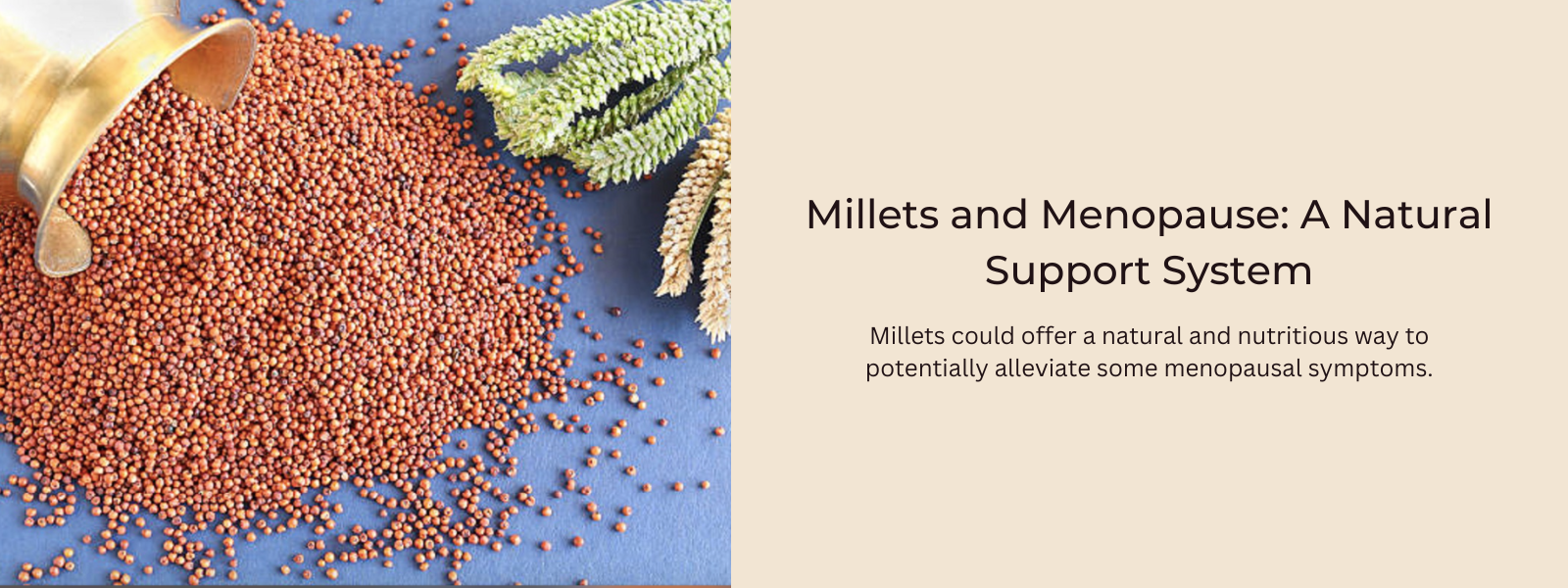
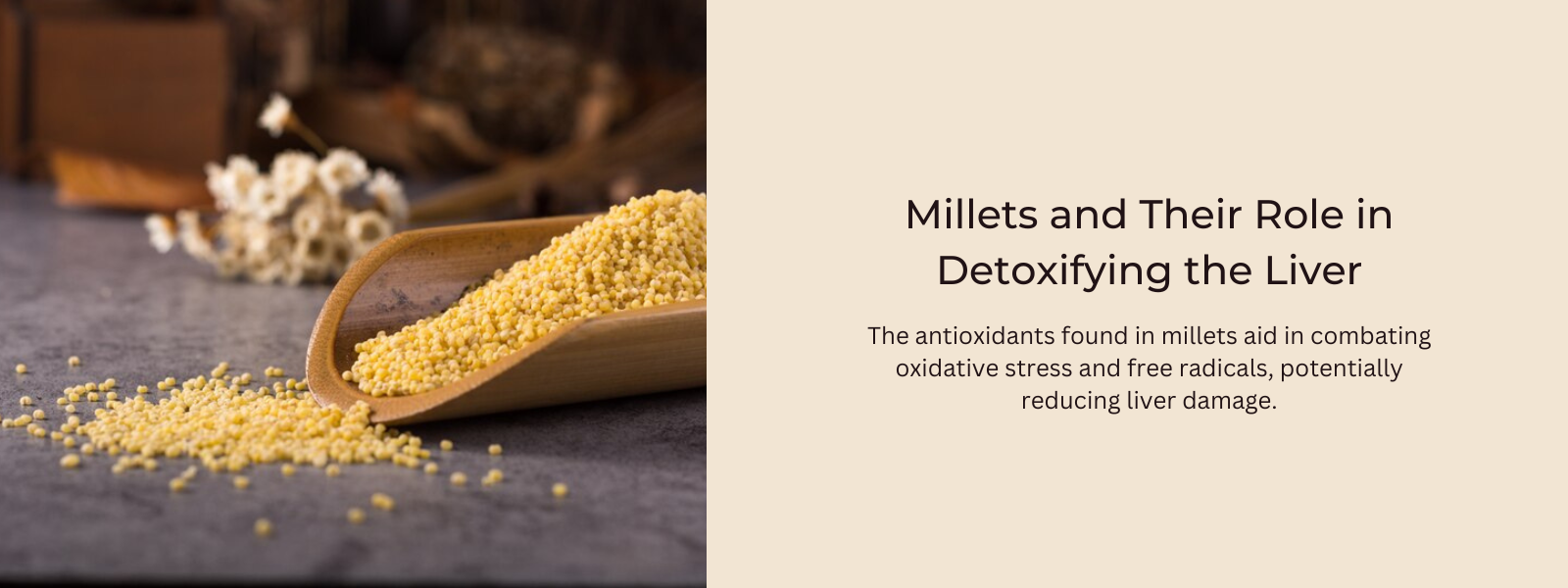
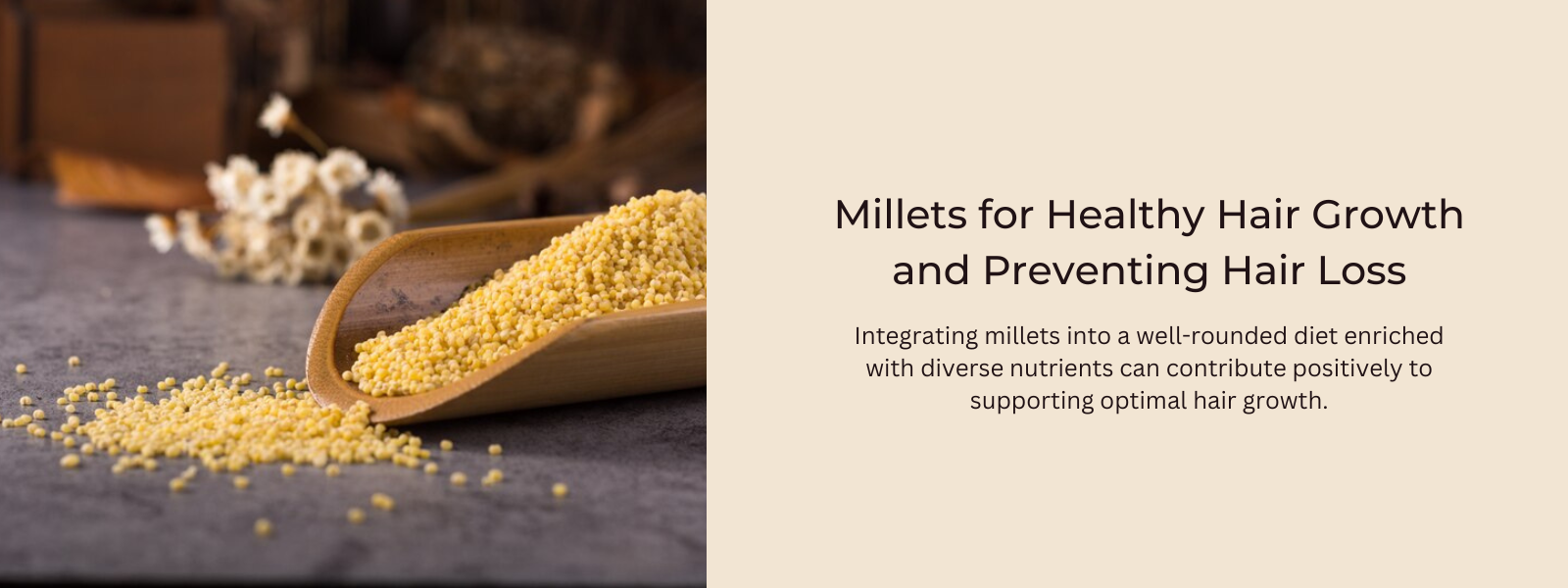
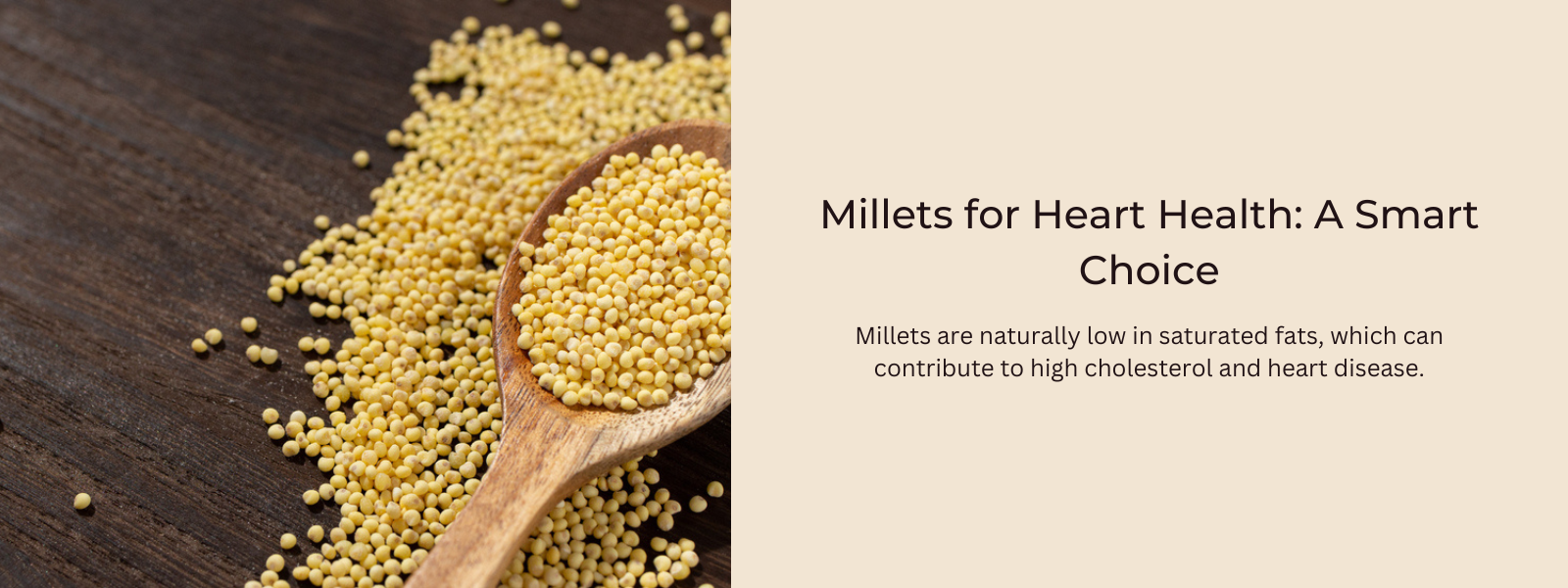
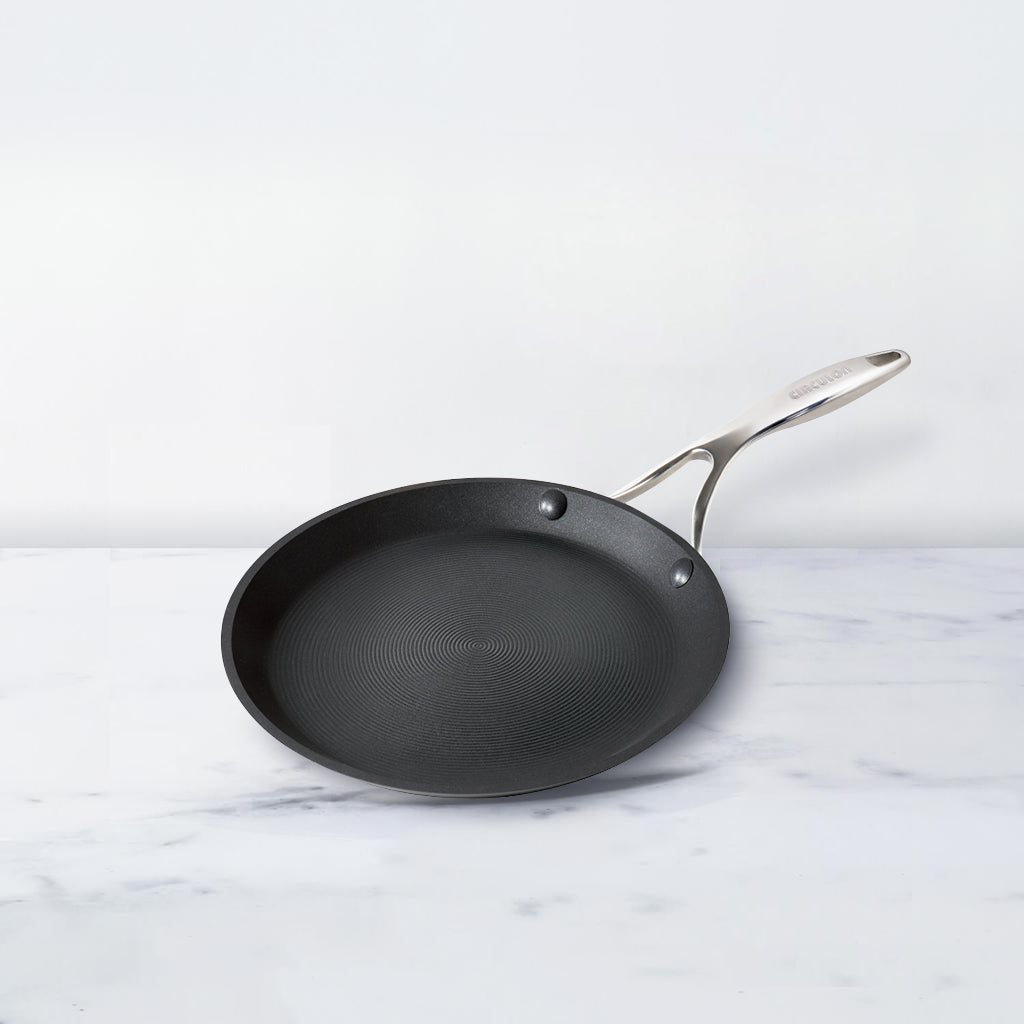




Leave a comment